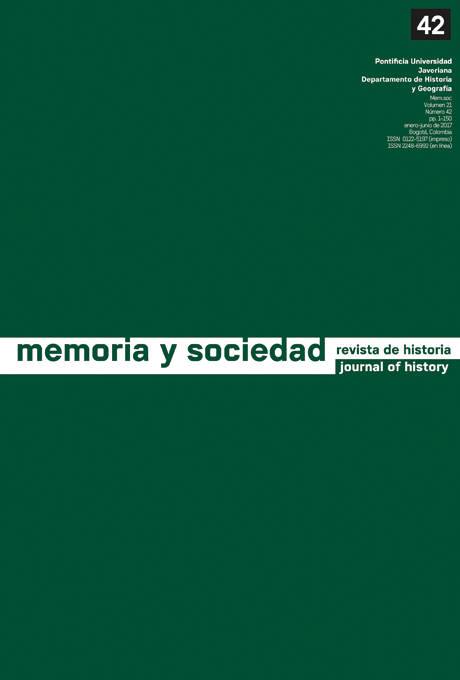Resumen
El artículo presenta una mirada crítica frente a los procesos de memoria en Europa y a los relatos de aquellos acontecimientos, en tanto ello puede quedar como un punto referencial y una pauta de la reflexión historiográfica crítica sobre los eventos violentos del pasado y por ende de cómo son preservados y transmitidos. El texto afirma que en el mundo académico se usa constantemente una repetición del esquema de la Guerra, que es demasiado limitada e injusta, y casi no se refiere a hechos históricos. Creer que la investigación sobre la memoria no es un enfoque estrictamente histórico, y reflexionar sobre las representaciones de los acontecimientos descartando su origen, no tiene ninguna herramienta de valoración y puede llevar a las conclusiones equivocadas. El artículo examina especialmente el caso de los campos de concentración, el papel de Alemania y Rusia, el problema de la culpabilidad conectado con las políticas de la memoria, la epidemia de las repeticiones mecánicas en los textos académicos o la idea del «reemplazo de un modelo histórico por un modelo memorial» (Rabotnikof).
La revista Memoria y Sociedad se encuentra registrada bajo la licencia Creative Commons Reconocimiento 4.0 Internacional. Por lo tanto, esta obra se puede reproducir, distribuir y comunicar públicamente en formato digital, siempre que se reconozca el nombre de los autores y a la Pontificia Universidad Javeriana. Se permite citar, adaptar, transformar, autoarchivar, republicar y crear a partir del material, para cualquier finalidad (incluso comercial), siempre que se reconozca adecuadamente la autoría, se proporcione un enlace a la obra original y se indique si se han realizado cambios. La Pontificia Universidad Javeriana no retiene los derechos sobre las obras publicadas y los contenidos son responsabilidad exclusiva de los autores, quienes conservan sus derechos morales, intelectuales, de privacidad y publicidad.
El aval sobre la intervención de la obra (revisión, corrección de estilo, traducción, diagramación) y su posterior divulgación se otorga mediante una licencia de uso y no a través de una cesión de derechos, lo que representa que la revista y la Pontificia Universidad Javeriana se eximen de cualquier responsabilidad que se pueda derivar de una mala práctica ética por parte de los autores. En consecuencia de la protección brindada por la licencia de uso, la revista no se encuentra en la obligación de publicar retractaciones o modificar la información ya publicada, a no ser que la errata surja del proceso de gestión editorial. La publicación de contenidos en esta revista no representa regalías para los contribuyentes.


